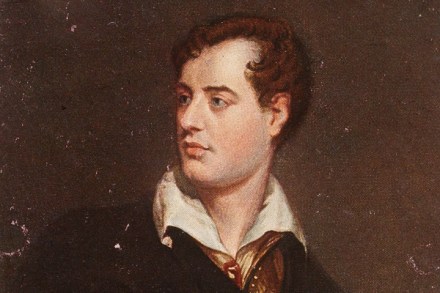Mission improbable
Alex Dehgan is clearly someone with a penchant for hazardous jobs. Even in the first few pages we find him in postwar Baghdad, he had spent the early part of the century searching for Iraqi scientists who had previously worked on weapons’ manufacture for Saddam Hussein. Presumably the life-threatening risks entailed in that role were insufficient, because he then allowed himself to be headhunted for fresh challenges in Afghanistan. Not only was the new post more dangerous, even on paper its goals looked to border on madness. Dehgan’s brief, scripted by the New York Zoological Society and funded by the United States Agency for International Development, was to design and




















